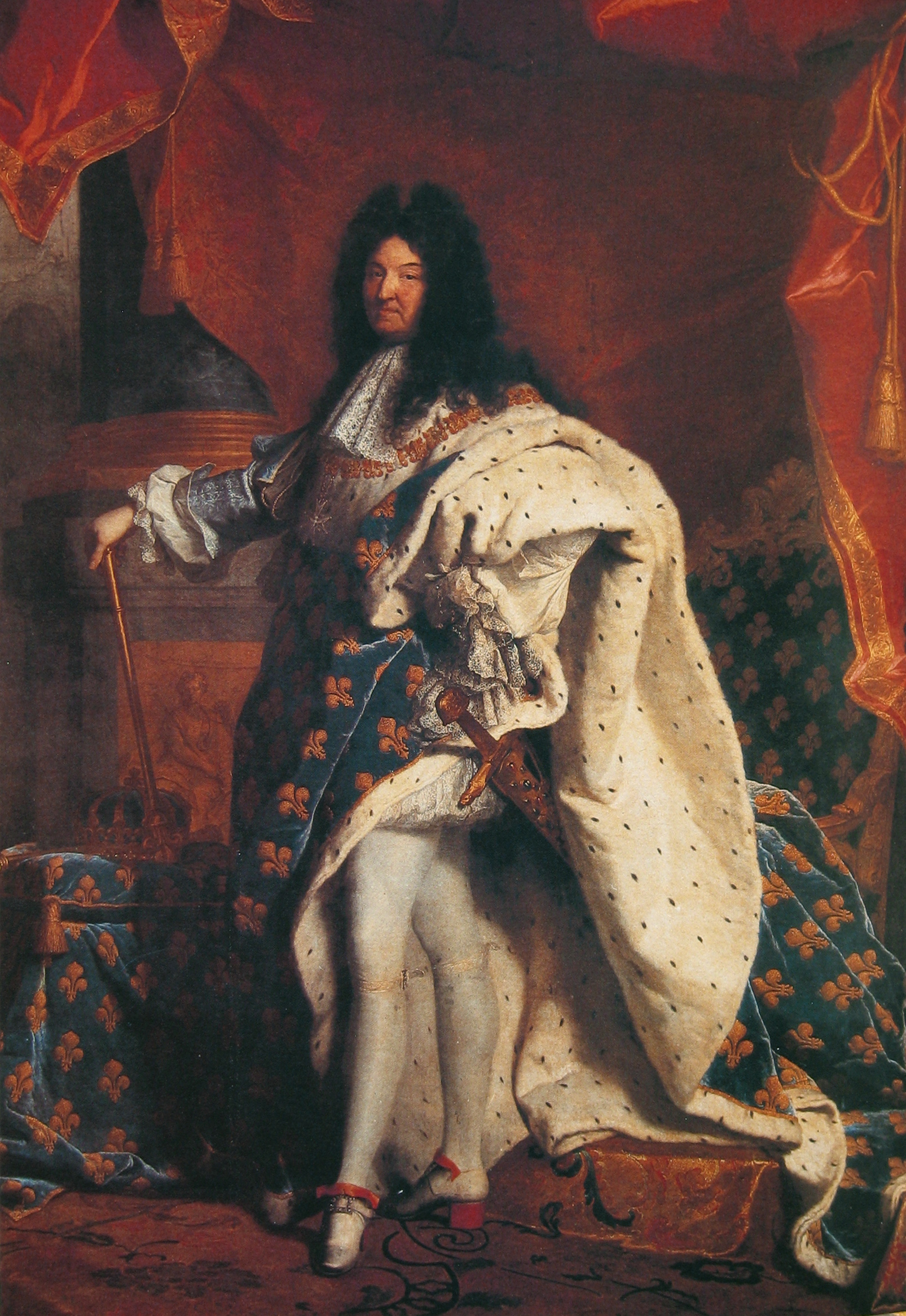We’ve been talking lately a lot about stories here in the Professor Carol office. Living in a small Cowboy town provides me a with wealth of stories, the same kind of stories I grew up with in the Virginia mountains. Here, however, the topics involve cattle and hay production, rather than coal mining and mountain roads.
Early mornings, I like to bump into our “pasture” neighbor, Mr. Fox, when he drives out to throw cattle cubes to his 1800-lb. “babies.” He tells stories just like my Daddy did, the kind you couldn’t break away from if you wanted to (which I don’t!).
History is a story. The root of the word ἱστορία (istoria) means learning or knowing by inquiry, a narrative, or a story. It goes back to the noun histor meaning a “wise man.”
History is the story of our culture. Yes, it is open to lots of twists and turns, interpretations, and distortions. It takes large gulps of time before anyone really knows what has happened in a given era. Plus, we “moderns” add in interpretations that would have made no sense to the folks alive during the eras under consideration. That’s the good news, and the bad news.
Music history has a certain advantage. We have actual pieces of music we can hear (and even see on paper) dating back more than a thousand years in Western music. We possess something both concrete and alive to add into the discussion. The only thing missing from this sound-history is our imaginations.

None of us can fully imagine life at Louis XIV’s court. I can’t fully conjure up what it must have felt like to have danced the bourée at Versailles, corseted up in those heavy dresses, wearing a huge wig built around a cage frame or horsehair pads! Powdered, starched, and corseted: these people were expected to dance?
And fashion doesn’t take into account the devious court politics swirling around each aristocratic dancer. Court Dance, as those of you taking Discovering Music know, was a vehicle of dynastic power. Hence, political intrigue was never far behind.
But, I can try to imagine that “story”—that complex, intriguing historia—as I listen to a French Baroque dance by Lully or Rameau. If I close my eyes, I can see the dripping wax of the candelabras, smell the starch and powder that glued the wigs together, feel the pinch of those early mules that Louis XIV made famous as dancing shoes. I can imagine eating too much and staying up till dawn.
Or, I can imagine being one of the hundreds of servants who slaughtered and stuffed game, lugged platters piled with frosted bon-bons, cut ice sculptures, drove the mud-encrusted carriages, held the ladies’ heavy capes, and burnt my fingers replacing the stubs of candles. All while the clear tones of a bourée and laughter sounded through the glittering Hall of Mirrors.
Go ahead. Imagine it. This is the key to the story of history. And certainly the key to music history.




Carol:
Thanks for the info I just read and Iam trying to give my imagination a boost!
Thanks for waking my imagination up!
Regards, Lee
As always, Carol, I so enjoy your insight and first hand knowledge about music, history and art. Having a pretty good imagination myself only enhances for me all that you write and say.
Thanks so much for sharing your imagination, thoughts and comments with me.
Bill Herrera
February 26, 2010 at 9:00 pm
Carol, thanks for sharing your “imagination” with me. I have such a vivid imagination myself. I can picture you wearing a powdered wig (bird cage, starch and all), a very elaborate gown and dancing to a bouree at Versailles. You make all this happen with your words and music. Thanks for sharing all with me.
Bill Herrera
Dear Professor Carol,
I am delighted to know that you shared your imagination with all of us. We are very grateful. Thank you very much. Oh yeah, I want to tell you a joke: Mozart was back from a long trip. And then Beethoven walks up and says, “Well, Gangflow, (A nickname for Mozart) I see you’re “Bach” where have you been “Haydn?” HAHAHAHA!!!
Best,
William Lord
Thanks again, Carol, for refreshing my memory. You also told us of the serious consequences “faux pas”. Politics and gamesmanship have been partners for a long time!